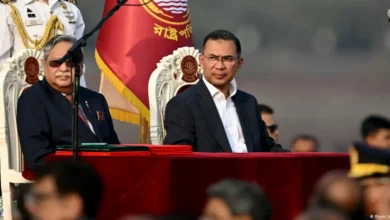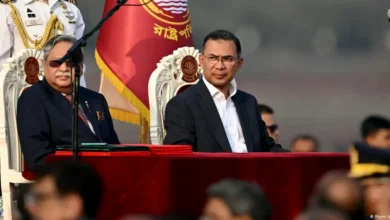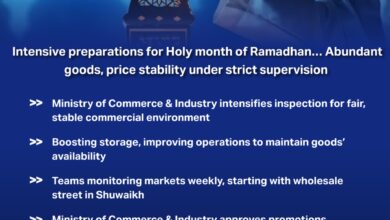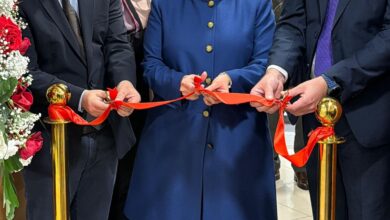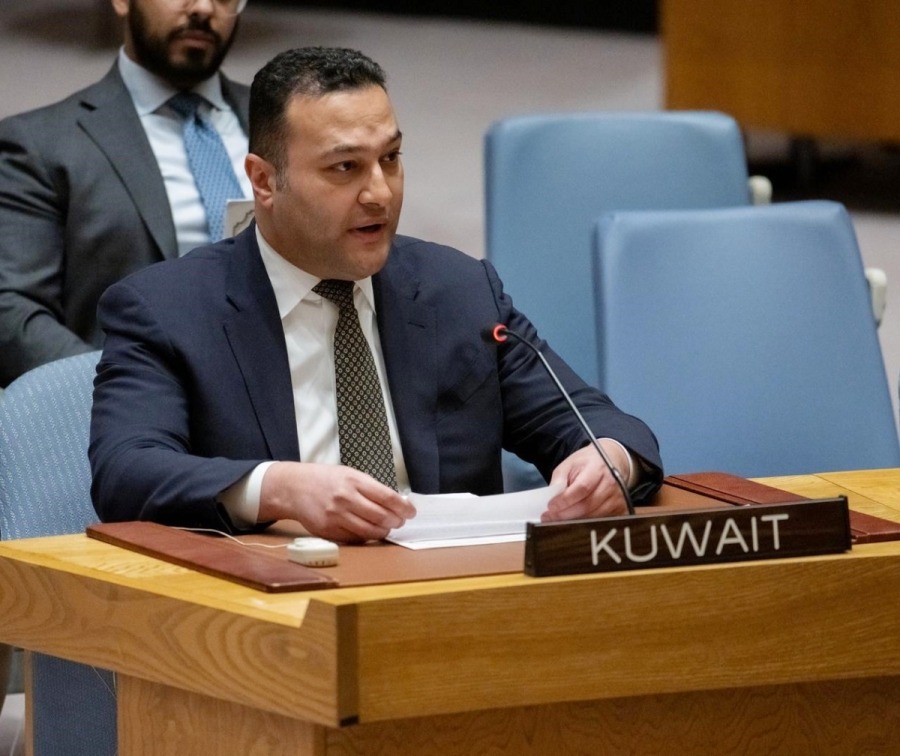
The Gulf Cooperation Council (GCC) reaffirmed its strong condemnation of Israeli attacks on Iran and its nuclear facilities, warning of the grave consequences such actions could have on regional security and stability. The attacks were described as a clear violation of international law and the UN Charter.
This position was voiced by Minister Plenipotentiary Faisal Al-Enezi, Deputy Permanent Representative of the State of Kuwait to the United Nations, who delivered a statement on behalf of the Gulf Group during an emergency session of the UN Security Council held Friday evening to address the escalating tensions between Israel and Iran.
“We sense the seriousness of the current situation the region is experiencing,” Al-Enezi said, “and we affirm that the continuation of these deteriorating conditions could lead to disastrous consequences and an escalation of tensions, threatening the prospects of diplomacy and lasting peace.”
He reaffirmed the GCC’s firm rejection of military escalation and emphasized that the member states are committed to diplomatic efforts aimed at de-escalating tensions, calling for restraint and the immediate cessation of hostilities.
The Gulf Group urged all parties to return to the path of negotiations and dialogue as the only viable solution to the crisis, reiterating the importance of avoiding actions that may expand the conflict or increase instability in the region.
Al-Enezi also called on the UN Security Council and the international community to fulfill their responsibilities by working to halt the conflict, prevent further escalation, and encourage the resumption of U.S.-Iran nuclear talks, with the Sultanate of Oman continuing its mediating role.
Highlighting the foundational principles of the UN Charter, Al-Enezi stressed the need to respect state sovereignty, non-interference in internal affairs, and the obligation to avoid the use or threat of force. He underscored that any violation of these norms poses a direct threat to international peace.
He also emphasized the crucial role of the International Atomic Energy Agency (IAEA) in protecting nuclear facilities and enhancing security, warning of the humanitarian and environmental dangers posed by targeting such sensitive infrastructure.
Al-Enezi highlighted the importance of ensuring maritime security and the safety of international shipping routes, condemning any actions that threaten commercial vessels, regional trade, and critical oil infrastructure in GCC countries.
In conclusion, the Gulf Group urged the international community and the UN Security Council to act decisively and swiftly to contain the crisis, support diplomatic solutions, and protect the security and well-being of the region’s people from the risks of further escalation.







